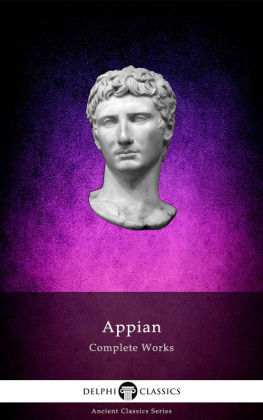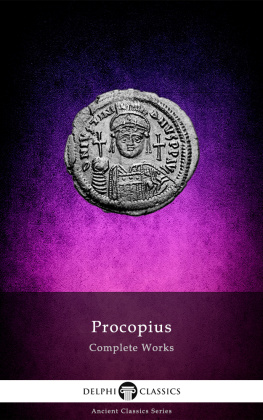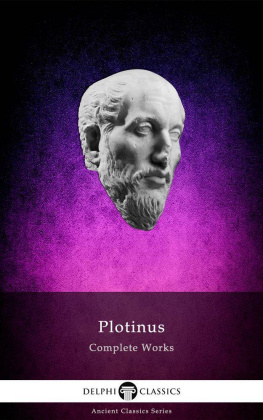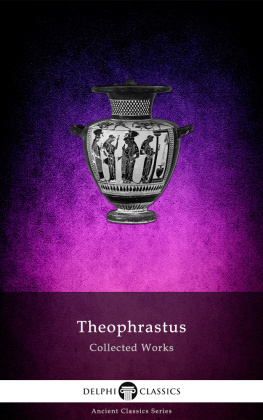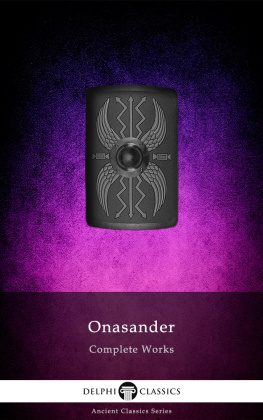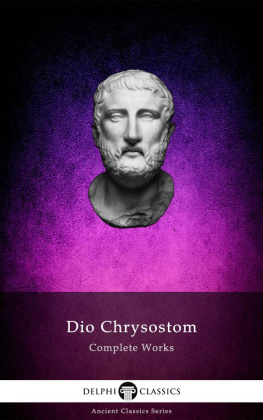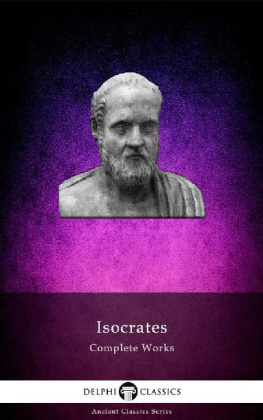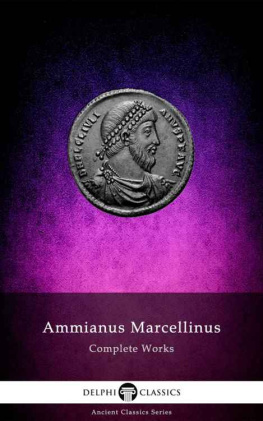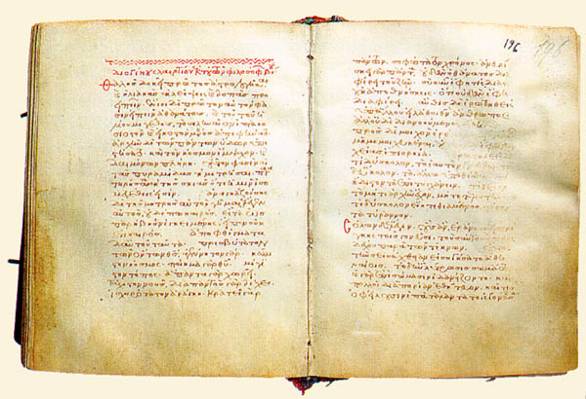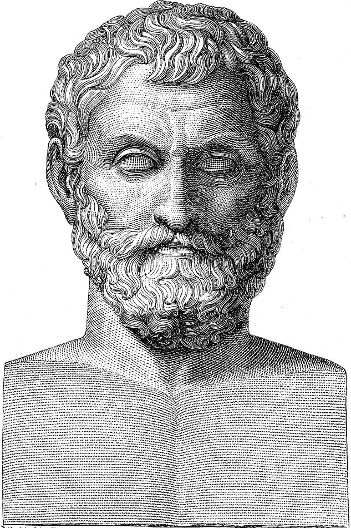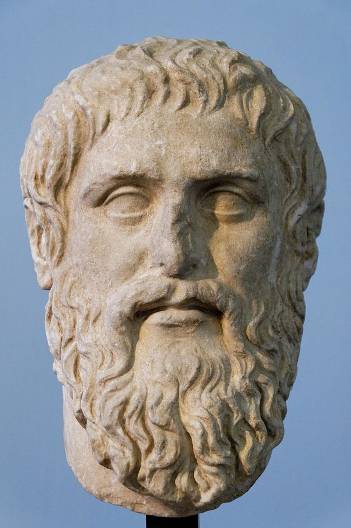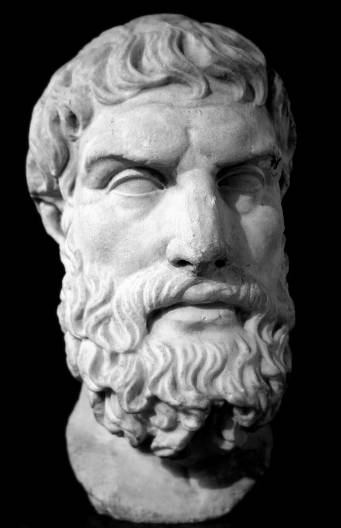Diogenes Laërtius - Complete Works of Diogenes Laertius (Delphi Classics) (Delphi Ancient Classics Book 47)
Here you can read online Diogenes Laërtius - Complete Works of Diogenes Laertius (Delphi Classics) (Delphi Ancient Classics Book 47) full text of the book (entire story) in english for free. Download pdf and epub, get meaning, cover and reviews about this ebook. year: 2015, publisher: Delphi Classics, genre: Detective and thriller. Description of the work, (preface) as well as reviews are available. Best literature library LitArk.com created for fans of good reading and offers a wide selection of genres:
Romance novel
Science fiction
Adventure
Detective
Science
History
Home and family
Prose
Art
Politics
Computer
Non-fiction
Religion
Business
Children
Humor
Choose a favorite category and find really read worthwhile books. Enjoy immersion in the world of imagination, feel the emotions of the characters or learn something new for yourself, make an fascinating discovery.

- Book:Complete Works of Diogenes Laertius (Delphi Classics) (Delphi Ancient Classics Book 47)
- Author:
- Publisher:Delphi Classics
- Genre:
- Year:2015
- Rating:4 / 5
- Favourites:Add to favourites
- Your mark:
Complete Works of Diogenes Laertius (Delphi Classics) (Delphi Ancient Classics Book 47): summary, description and annotation
We offer to read an annotation, description, summary or preface (depends on what the author of the book "Complete Works of Diogenes Laertius (Delphi Classics) (Delphi Ancient Classics Book 47)" wrote himself). If you haven't found the necessary information about the book — write in the comments, we will try to find it.
* Beautifully illustrated with images relating to Diogenes life and works
* Features the complete extant works of Diogenes, in both English translation and the original Greek
* Concise introductions to the poetry and other works
* Includes Hicks celebrated translation, previously appearing in the Loeb Classical Library edition
* Excellent formatting of the texts
* Easily locate the sections you want to read with individual contents tables
* Provides a special dual English and Greek text, allowing readers to compare the sections paragraph by paragraph ideal for students
* Features a bonus Testimonia section discover Diogenes ancient world
* Scholarly ordering of texts into chronological order and literary genres
Please note: some Kindle software programs cannot display Greek characters correctly; however the characters do display correctly on Kindle devices.
Please visitwww.delphiclassics.comto browse through our range of exciting titles
CONTENTS:
The Translation
LIVES OF THE EMINENT PHILOSOPHERS
The Greek Text
CONTENTS OF THE GREEK TEXT
The Dual Text
DUAL GREEK AND ENGLISH TEXT
The Testimonia
TESTIMONIA
Please visitwww.delphiclassics.comto browse through our range of exciting titles
Diogenes Laërtius: author's other books
Who wrote Complete Works of Diogenes Laertius (Delphi Classics) (Delphi Ancient Classics Book 47)? Find out the surname, the name of the author of the book and a list of all author's works by series.

